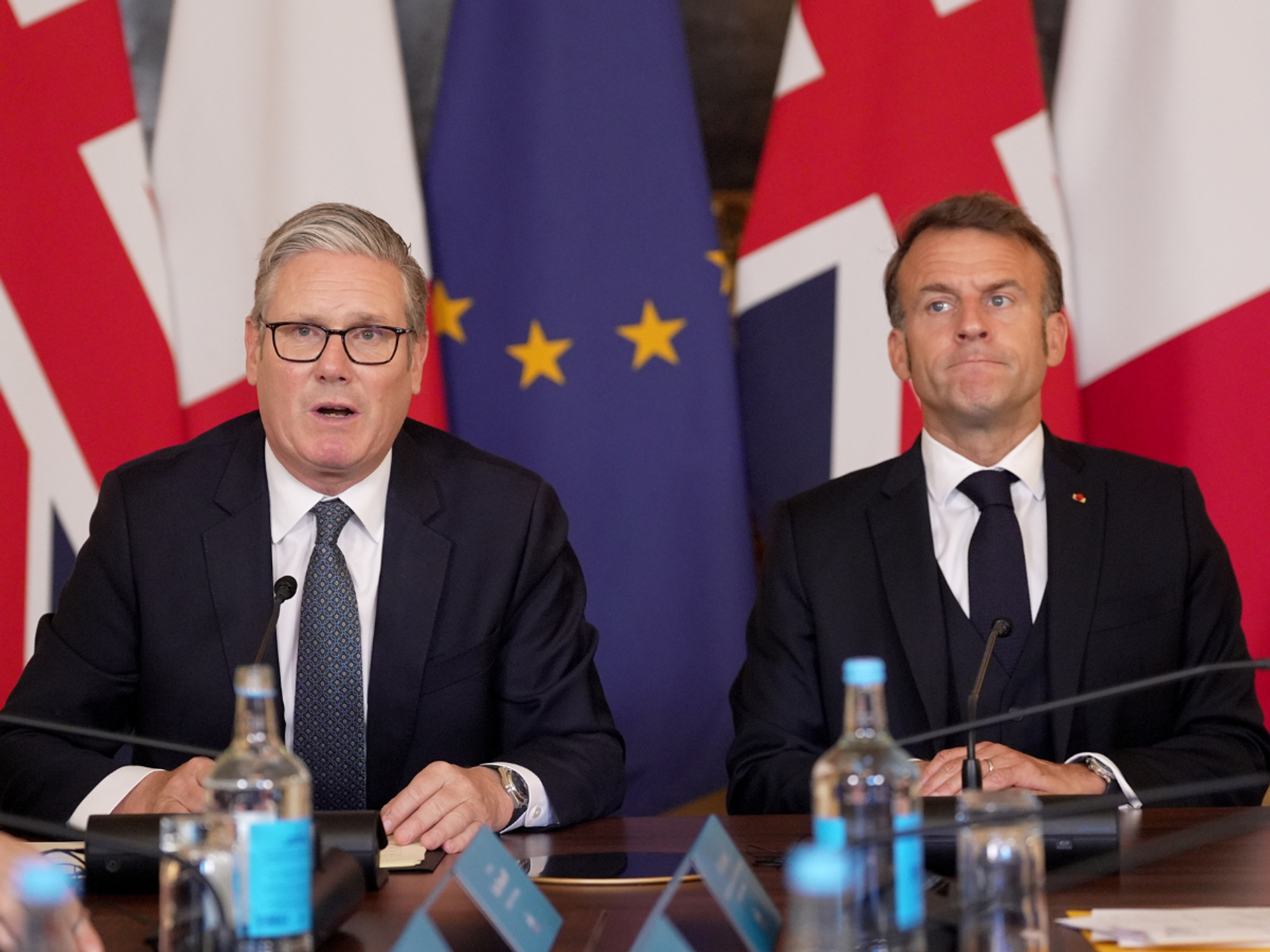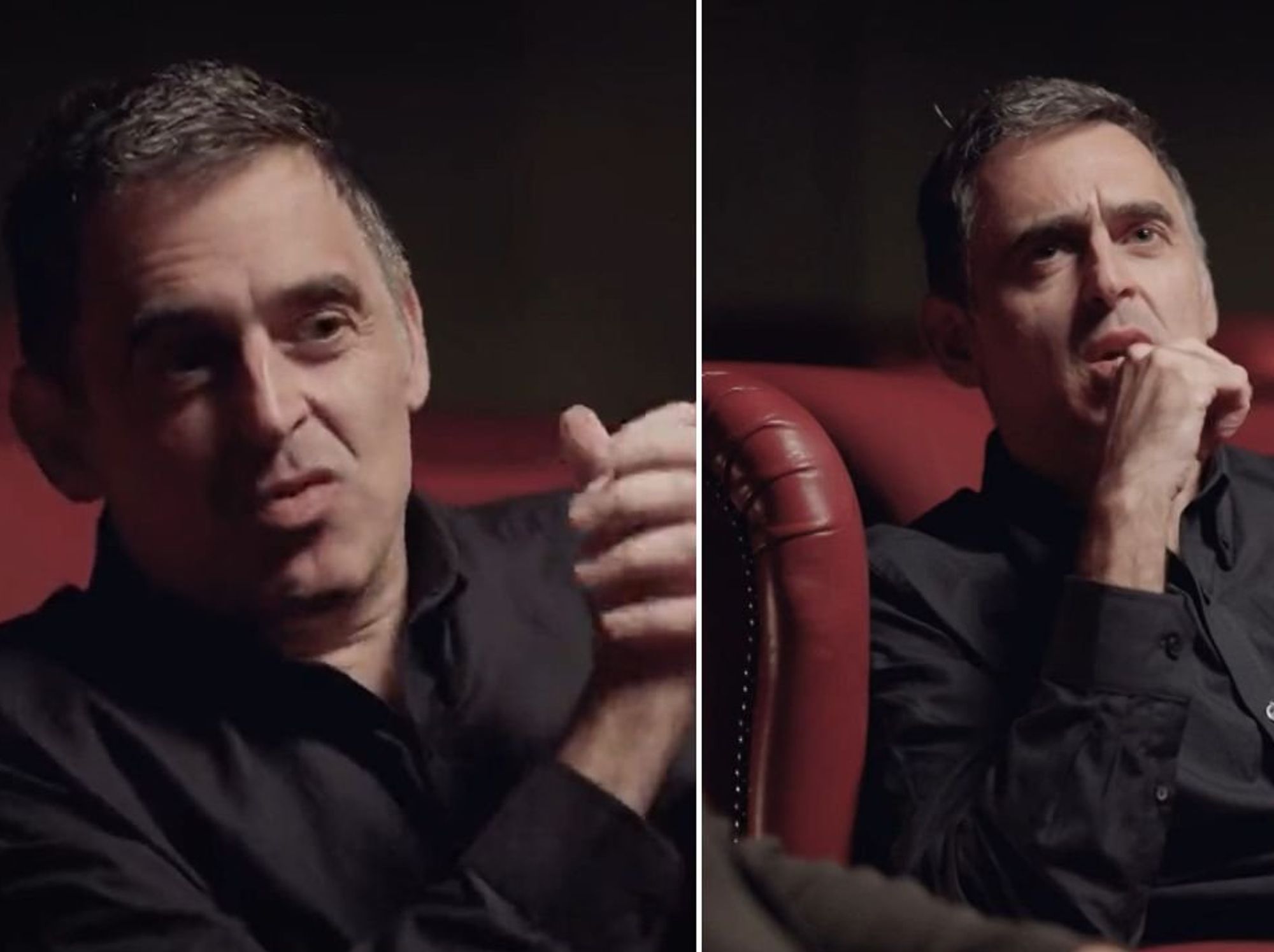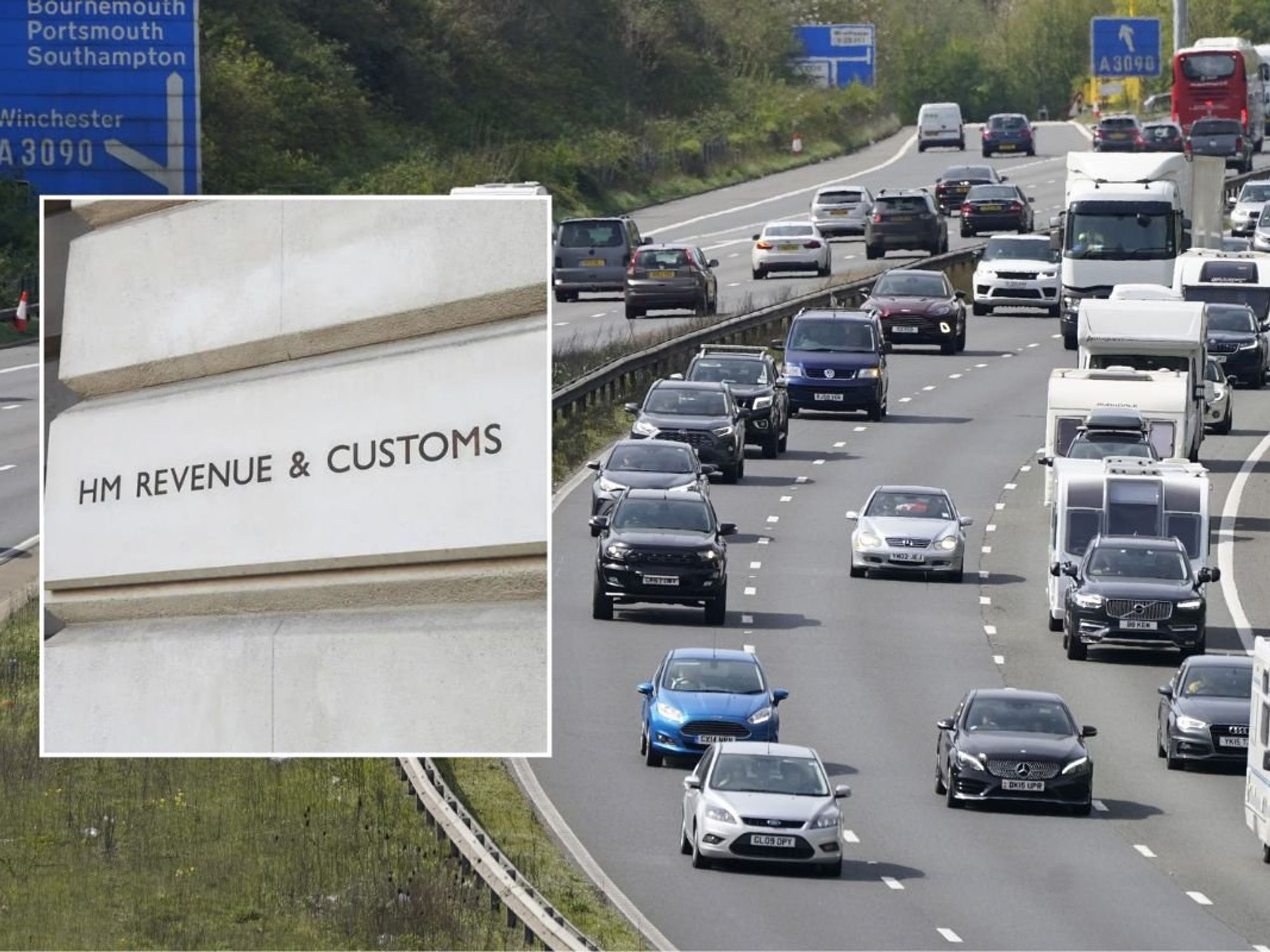BBC licence fee: Cancer patient prosecuted for missing payment while in hospital for surgery
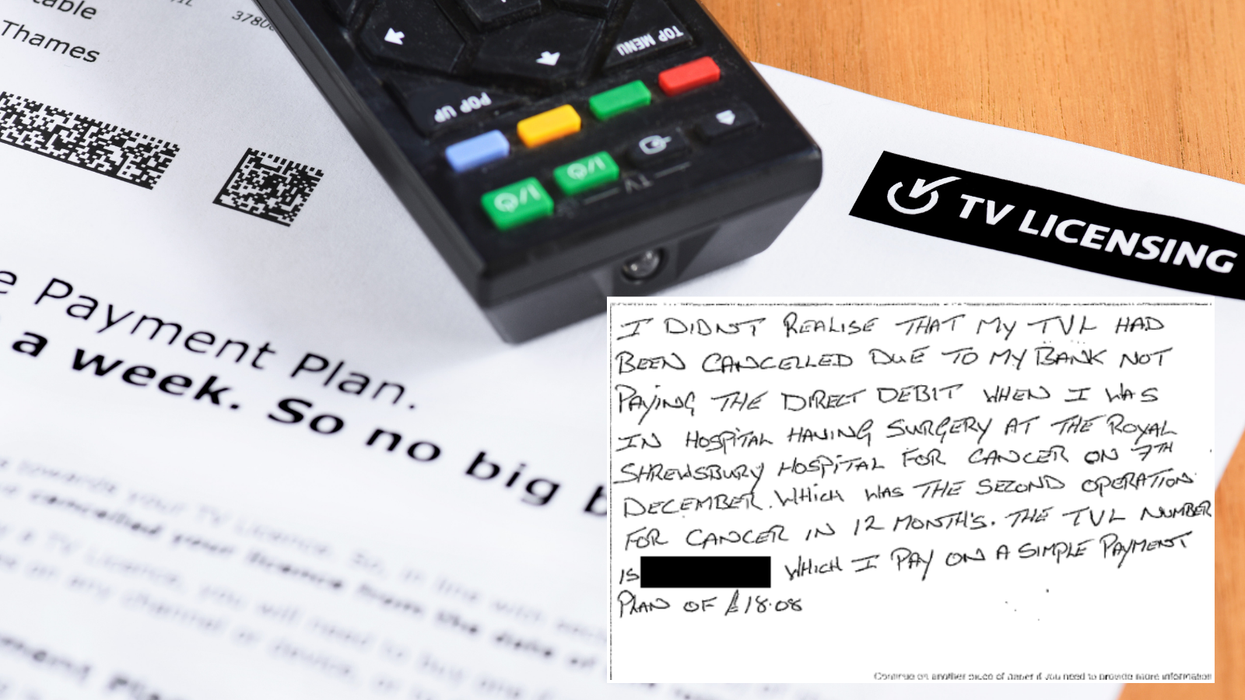
A man with prostate cancer was prosecuted and given a £120 fine for failing to pay for his licence fee whilst he was undergoing surgery in hospital
|Getty

The man was undergoing treatment at Royal Shrewsbury Hospital when his direct debit for the Simple Payment Plan failed
Don't Miss
Most Read
A cancer patient was prosecuted and given a £120 fine for failing to pay for his TV licence fee whilst he was in hospital receiving medical treatment.
The man, who lives in Wales, was on a simple payment plan of £18.08 a month to pay for the licence.
However, whilst he was undergoing surgery at the Royal Shrewsbury Hospital for prostate cancer, the direct debit did not go through.
“I didn’t realise that my TV Licence had been cancelled due to my bank not paying the direct debit whilst I was in hospital having surgery at the Royal Shrewsbury Hospital for cancer on December 7. It was the second operation for cancer in 12 months,” he explained in a letter to the court, seen by the Evening Standard, which outlined mitigating circumstances.
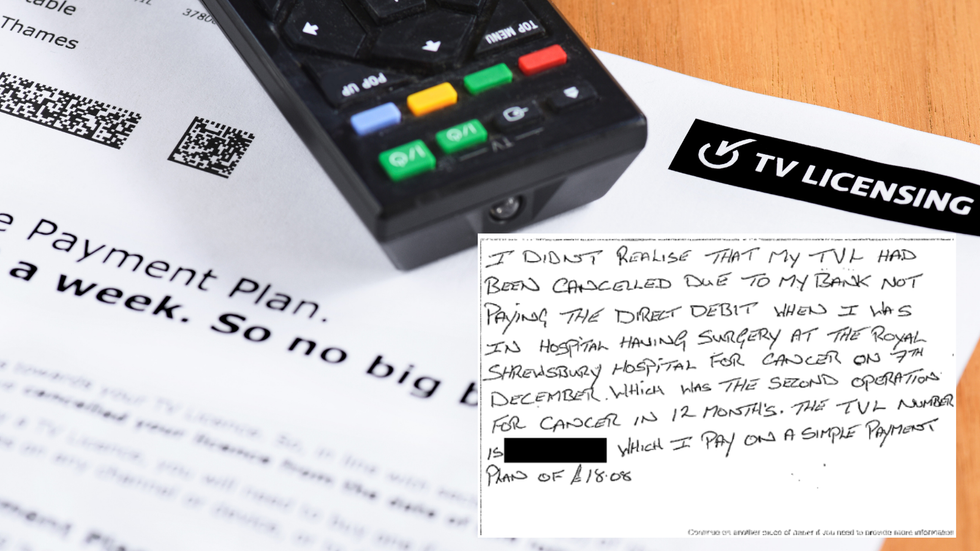 A man with prostate cancer was prosecuted and given a £120 fine for failing to pay for his licence fee whilst he was undergoing surgery in hospital | Getty
A man with prostate cancer was prosecuted and given a £120 fine for failing to pay for his licence fee whilst he was undergoing surgery in hospital | GettyJoanna Marchong, Investigations campaign manager at the TaxPayers' Alliance, told GB News: “Any decent member of society will be disgusted by the thuggish behaviour of TV Licensing.
“Fee payers who make innocent mistakes are needlessly being dragged through the courts and made to feel like criminals, just to prop up an outdated funding model for the BBC.
“It's time to axe the TV tax once and for all and leave Auntie to stand on her own two feet.”
Rebecca Ryan, Campaign Director at Defund the BBC, added: "It’s absolutely outrageous that the BBC is causing this level of stress to the country’s must vulnerable. This new Labour government must do the right thing and decriminalise non-payment to put an end to the relentless threats and bullying from the BBC, paid for, often reluctantly, by cash strapped Brits."
The man was prosecuted under the Single Justice Procedure (SJP) - which allows magistrates’ courts to deal with minor offences without a court having to hear the matter.
LATEST DEVELOPMENTS:

Britons who watch any kind of live TV, not just BBC programming, are expected to pay their TV Licence fee which costs £169.50 a year
|Wikimedia Commons
TV Licensing, the body in charge of administering the levy, has the power to send letters to households and investigate those who they believe are not paying the fee.
Britons who watch any kind of live TV, not just BBC programming, are expected to pay their TV Licence fee which costs £169.50 a year - it rose from £159 in April, in a move that was widely criticised.
Magistrates have slammed the process which they claim targets “some of society’s most vulnerable”.
Mark Beattie JP, the national chair of the Magistrates’ Association, cited the organisation’s support for Single Justice Procedure but urged the Government to introduce reform.
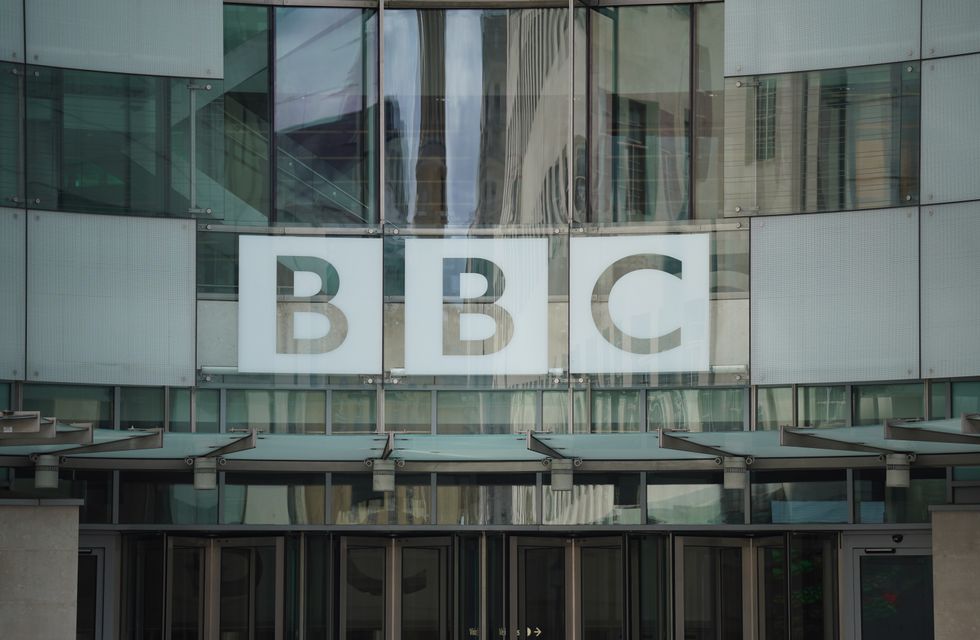
The BBC relies on funding from the TV licence fee to produce its content
| PAHe explained: “Every year it spares thousands of defendants the ordeal of having to attend court for minor offences, and it allows for more efficient use of court time, which means speedier justice and a focus on more serious offences.
“However, it is not a perfect system. While the vast majority of cases are handled effectively by the SJP, our members—magistrates who decide on SJP cases—have told us about flaws in the way it operates and the harm that this can have on some of society’s most vulnerable people.
“It is clear to us that reform, as well as additional investment in training and transparency, is needed, to restore public confidence in the Single Justice Procedure.”
They recommend introducing new safeguarding measures that will ensure that neither magistrates nor their legal advisors feel any pressure to process cases more quickly than they feel they can.
Their 12-point plan would also see the SJP opened up to accredited journalists, as well as having data published on how many defendants have pleaded guilty and how many make no pleas.





